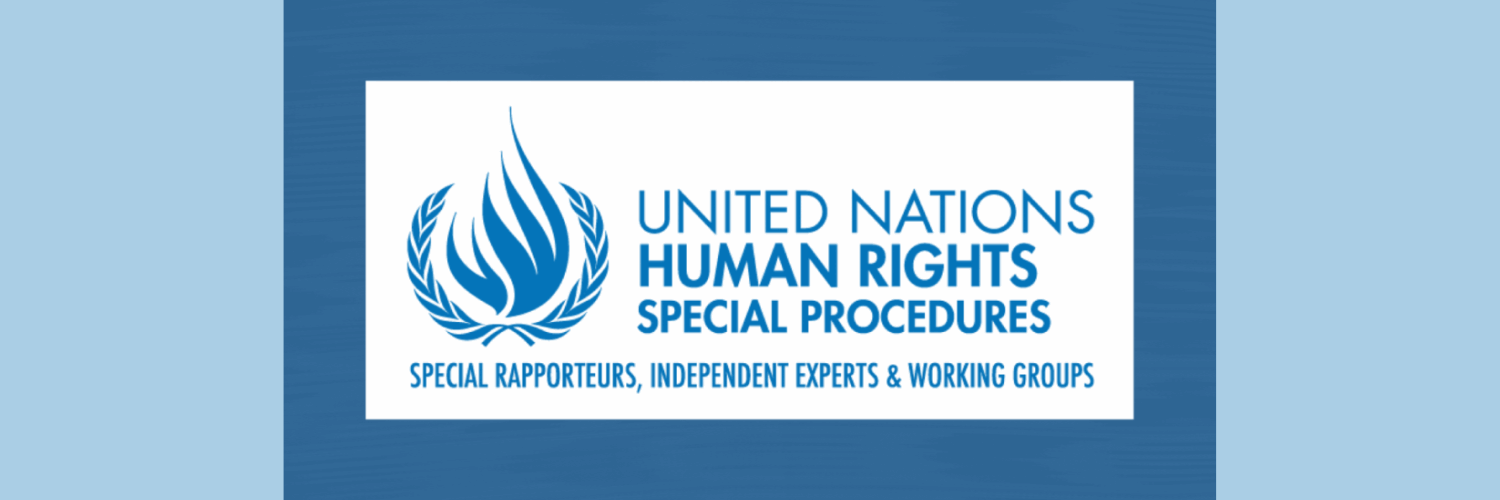WASHINGTON, D.C. Sep 5 (C-Fam) Collegiality among the UN’s experts on human rights is rapidly eroding over the debate around sex and gender. Last week, just over half of the 88 current special mandate holders issued a statement defending “the centrality of gender” for advancing equality and rights, in opposition to a colleague’s public stance in defense of the importance of biological sex.
Reem Alsalem, the special rapporteur on violence against women and girls, has emerged as an outspoken critic of gender ideology, including the replacement of “sex” with “gender” when discussing issues like violence or discrimination. In response, Alsalem has faced opposition and even censorship, but has refused to back down, insisting that the UN Office of the High Commissioner for Human Rights (OHCHR) publish her responses to her critics.
Last Thursday, 48 of her colleagues issued their joint statement, expressing “deep concern” that national governments and other actors are “reasserting fixed, binary conceptions of sex” and insisting that gender is a social construct. They also repeatedly refer to “women in all their diversity,” a phrase that has been promoted by activists to include men who identify as women within the definition.
Among the statement signatories are Tlalen Mofokeng, the rapporteur on the right to health and a proponent of the normalization of “sex work,” and the controversial special expert on discrimination on the basis of sexual orientation and gender identity.
The experts did not base their conclusions on any binding human rights treaty or resolution adopted by international consensus, but rather on the nonbinding opinions of their fellow human rights experts, particularly the treaty body associated with the treaty on discrimination against women (the CEDAW Committee). They also claim, without citation, that “international legal standards on gender have evolved.”
In contrast, in her recent report, Alsalem notes that based on the only internationally recognized definitions of “gender,” “the understanding and practice of States that are parties to international treaties is that the term ‘woman’ in international law refers to a person of the female sex.”
Specifically, she cites the Beijing Declaration and Platform for Action of 1995 and the Rome Statute of the International Criminal Court, neither of which proposes that gender is a “social construct” independent of biological sex.
Despite the relatively conservative definitions of gender that nations have been able to agree upon, much of the UN human rights system has looked elsewhere to find more progressive definitions, including the realms of academia and advocacy. In a hit piece on Alsalem published earlier this year in Geneva Solutions, an unnamed “human rights advocate” campaigning for “sex worker groups” said of Alsalem, “No rapporteur has ever so openly sided with states against NGOs.”
Alsalem has not yet issued a formal response to the joint statement from her colleagues and critics. A group called the European Network of Migrant Women asked her on X, “Why are special procedures allowed to take part in smear campaigns against their fellow colleagues without any consequences?” Alsalem replied, “Indeed a very valid question. Thank you for asking it!”
Meanwhile, one of the signatories to the statement, the rapporteur on cultural rights Alexandra Xanthaki, posted a link to it on X, stating “Despite the hate speech, the organized mob, we stand firm in protecting human rights.”
View online at: https://c-fam.org/friday_fax/un-human-rights-experts-clash-over-sex-gender/
© 2026 C-Fam (Center for Family & Human Rights).
Permission granted for unlimited use. Credit required.
www.c-fam.org









